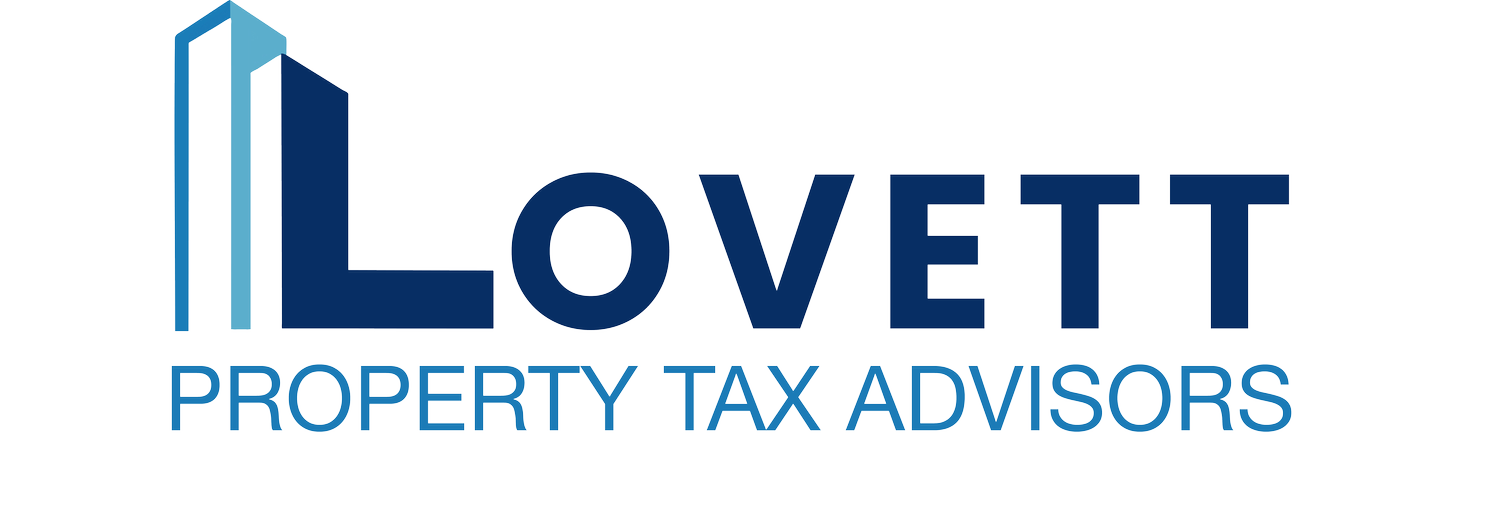Exploring Alternative Methods for Property Tax Reduction in Georgia: Beyond the Appeal Process
Introduction:
Property taxes are a significant financial obligation for homeowners in Georgia. With rising property values and changing market conditions, many property owners seek ways to reduce their tax burden. While the traditional appeal process remains a popular option, there are alternative methods worth exploring. In this article, we will delve into these alternative approaches for property tax reduction in Georgia, providing homeowners with valuable insights to maximize their savings.
1. Homestead Exemption:
One effective method to lower property taxes in Georgia is by taking advantage of the Homestead Exemption. This exemption reduces the assessed value of a homeowner's primary residence, resulting in a lower tax liability. Eligibility requirements vary by county, but homeowners generally need to prove primary residence and file an application with the local tax assessor's office. Researching the specific homestead exemption guidelines in your county can potentially lead to substantial tax savings.
2. Specialized Property Tax Programs:
Certain property owners may qualify for specialized property tax programs, such as those aimed at senior citizens or individuals with disabilities. These programs offer additional tax relief or exemptions, providing a viable alternative to the traditional appeal process. By researching and understanding the eligibility criteria for such programs, homeowners can explore additional avenues for reducing their property tax burden.
3. Conservation Use Assessment:
Another alternative method for property tax reduction in Georgia is through the Conservation Use Assessment (CUVA) program. This program encourages property owners to maintain their land for specific conservation purposes, such as agriculture or forestry. By participating in the CUVA program, homeowners can significantly reduce their property tax assessments. However, it is crucial to understand the program requirements and restrictions before enrolling.
4. Freezing Property Assessments:
In some cases, homeowners may be eligible to freeze their property assessments, effectively capping their tax liability at a certain value. This option is particularly beneficial for homeowners who have owned their properties for an extended period. By freezing the assessment, homeowners can prevent substantial tax increases resulting from rising property values, providing long-term stability in their tax obligations.
5. Tax Exemption for Nonprofit Organizations:
For property owners who have properties used for nonprofit purposes, Georgia offers tax exemptions. Nonprofit organizations, including charitable, educational, or religious entities, may be eligible for property tax relief. By leveraging this exemption, property owners can significantly reduce their tax burden while supporting their chosen cause.
Conclusion:
While the appeal process remains a common approach for property tax reduction in Georgia, homeowners should explore alternative methods to maximize their savings. By leveraging the Homestead Exemption, specialized property tax programs, Conservation Use Assessment, property assessment freezing, and tax exemptions for nonprofit organizations, homeowners can potentially reduce their property tax burden significantly. It is essential to research the specific eligibility criteria and requirements for each alternative method to make informed decisions. By utilizing these alternative methods, homeowners in Georgia can proactively reduce their property tax liability and ensure financial stability in the long term.


